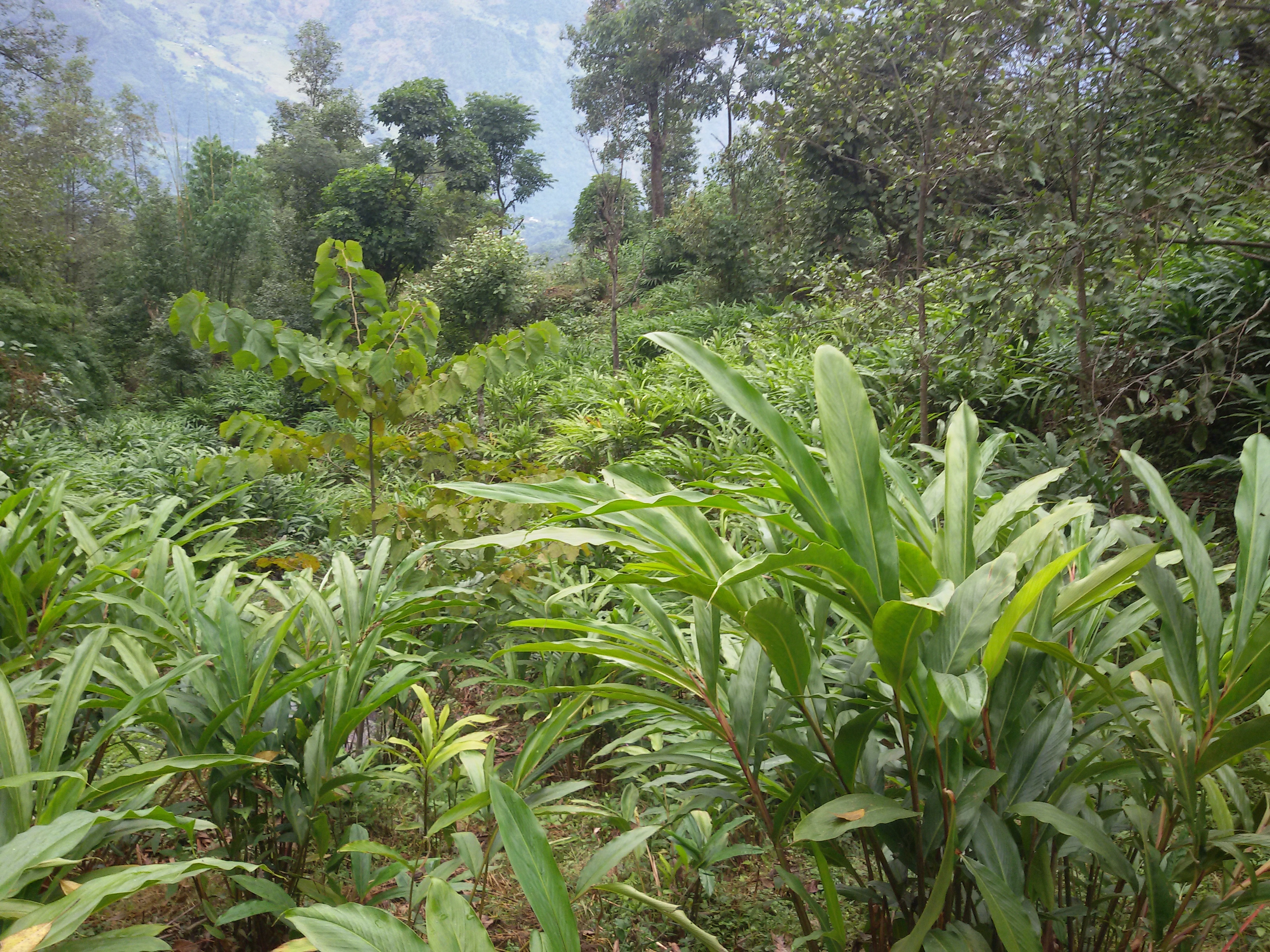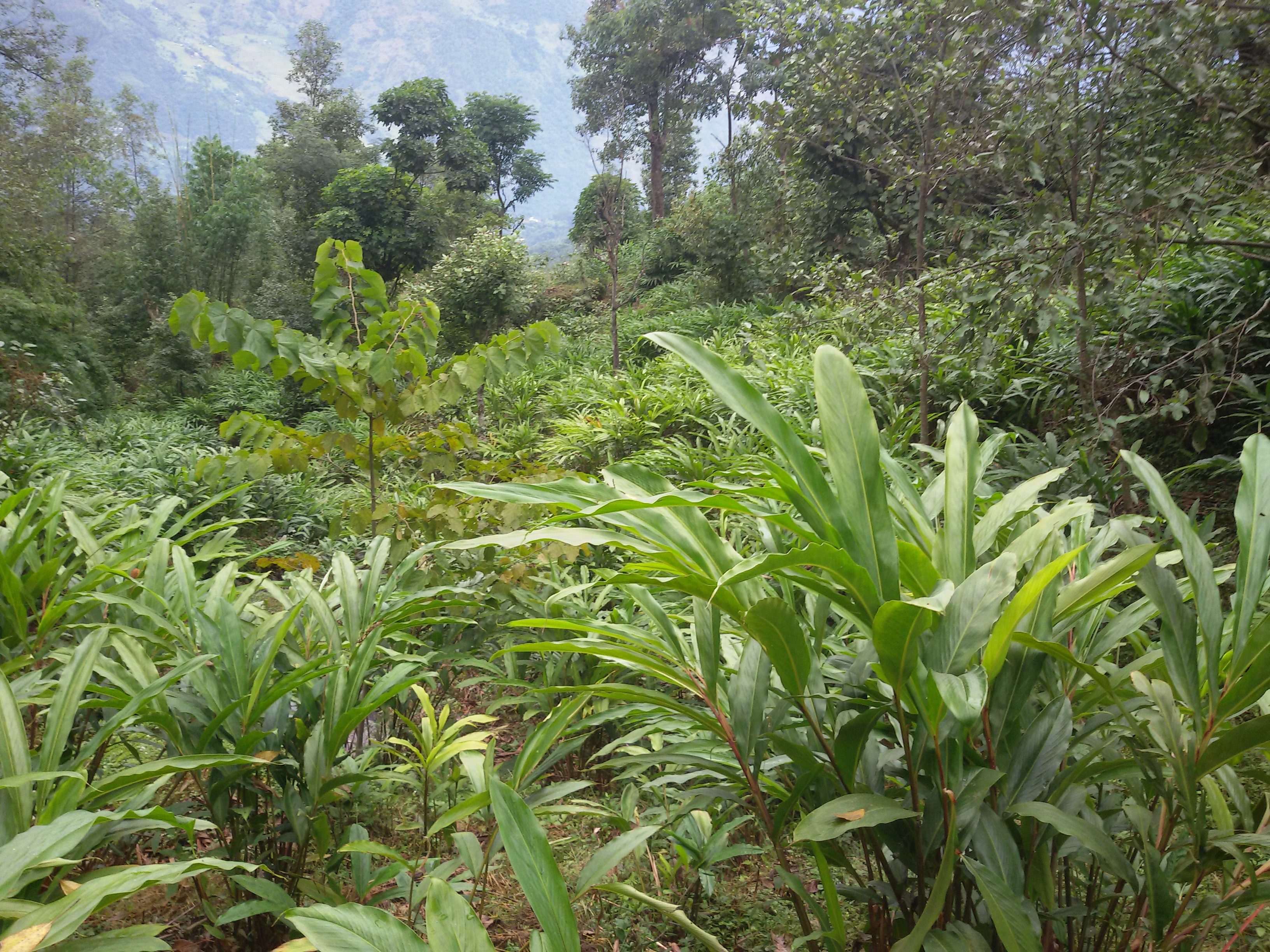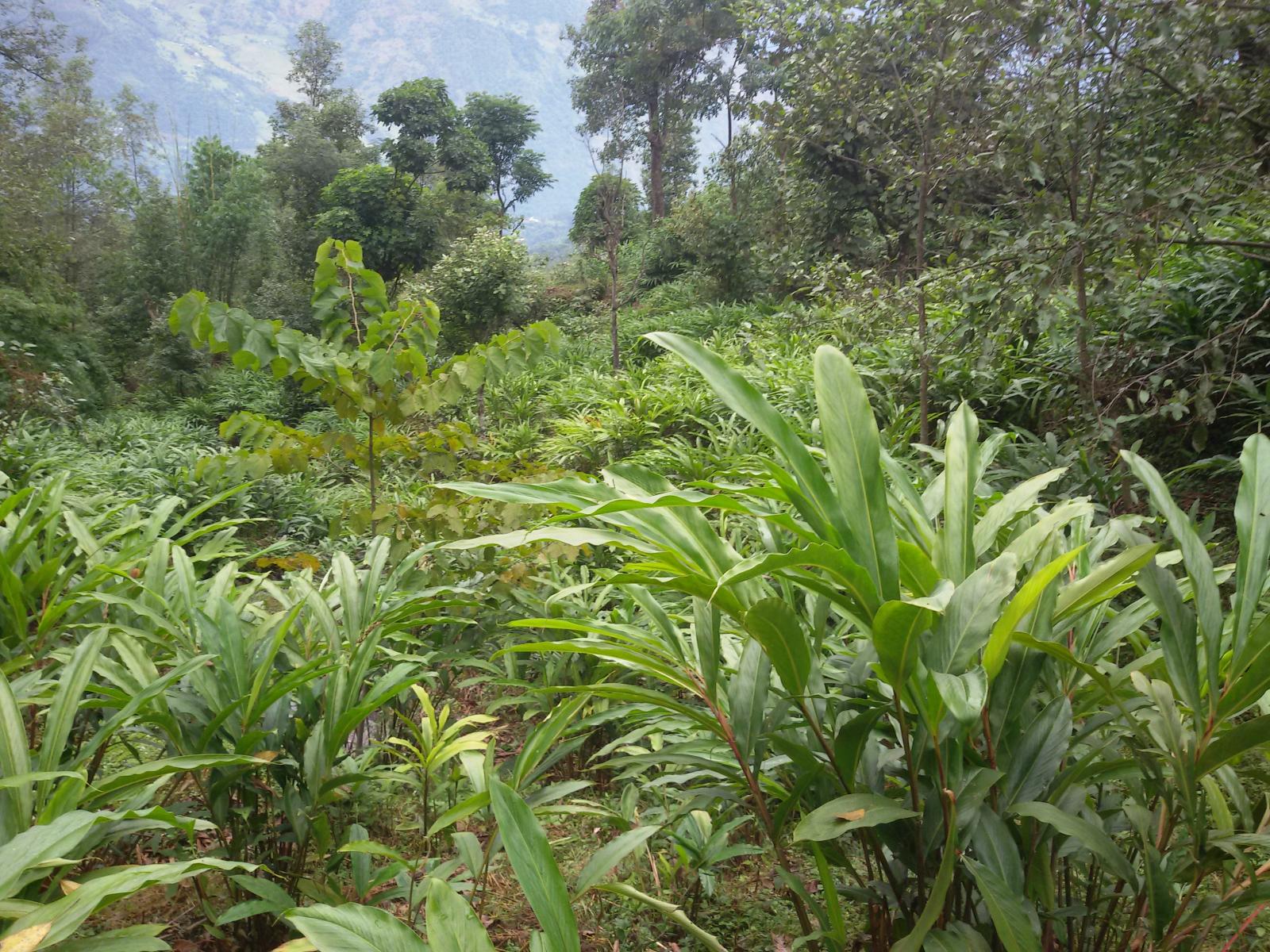An Overview Of Our Solution
- Population Impacted:
- Continent: Asia
Organization type
Population impacted
Size of agricultural area
Production quantity
People employed
Describe your solution
Describe your implementation
External connections
What is the environmental or ecological challenge you are targeting with your solution?
Describe the context in which you are operating
Nepal is the largest producer of large cardamom in the world; more than 95% of the produce is marketed to India. In Taplejung, the livelihoods of 70% of the rural people depend on agro-forestry based large cardamom. Cardamom alone contributes 80% to farmers’ household incomes which they invest in food security, the education of children, health care and nutrition, and cardamom farm improvement. In recent years, cardamom farmers, have been facing a number of challenges due to the changing climate, marketing phenomena, and the feminization of agriculture. Climate change events such as droughts, hailstorms, snowfall, and the incidence of pests and diseases, and their impacts on large cardamom agroforestry are matters of great concern for cardamom growers in Nepal. These factors are mainly responsible for the decline in crop production and productivity in several districts of Nepal, including Taplejung.
How did you impact natural resource use and greenhouse gas emissions?
Language(s)
Social/Community
Water
Food Security/Nutrition
Economic/Sustainable Development
Climate
Sustainability
The project was funded by the European Union and managed by ICIMOD in partnership with local partner organization, ECDF, Taplejung. Key stakeholders from the district and community levels including farmer’s groups and cooperatives support the initiative. The package of practices consists of climate resilient practices and technologies that are innovated locally based on a learning-by-doing experience. The project was based on a participatory approach, bringing community people and local stakeholders to the centre of decision making thereby ensuring strong ownership of the sustainability of interventions in the long run. The project has supported efforts to bring market actors closer to the producers & bring quality products to the markets.
Return on investment
Entrant Image

Entrant Banner Image

